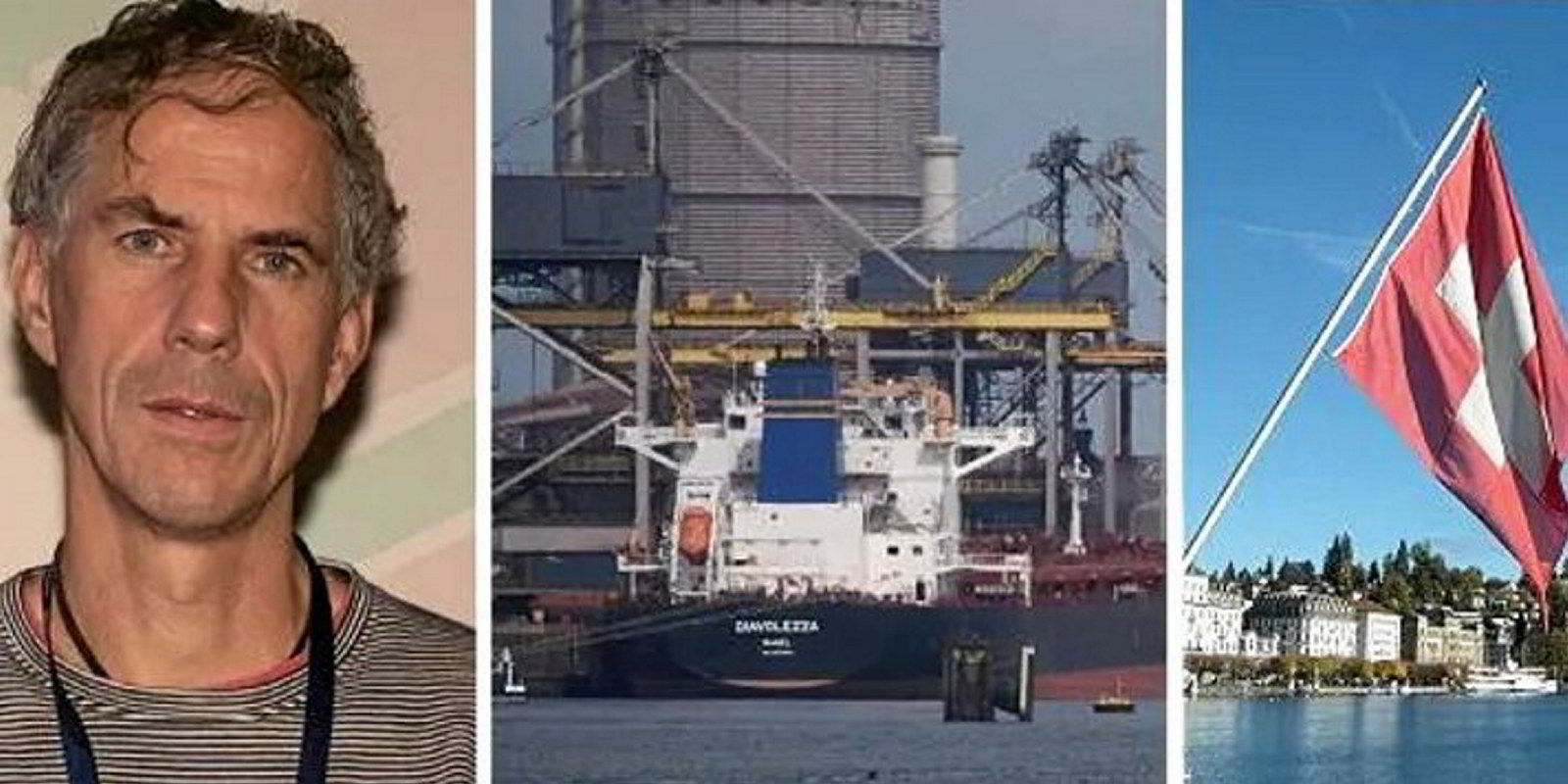Greece has been tinkering with its shipping tax for a decade, continuously adjusting it to better defend it from assaults by unfriendly lobbies and regulators at the European Union.
Nonetheless, every adjustment appears to merely encourage Greece’s critics to return for further scrutiny.

This article is part of our Greece business focus, which includes articles on future fuels, tonnage tax wobbles and how the nation’s shipowners are seeking ways to reassert their dominance.
In a little-noticed development, the Federation of European Private Port Companies and Terminals — known as Feport — filed a lawsuit on the matter earlier this year at the European Court of Justice in Luxembourg.
Even though the action is formally addressed at the European Commission, its real target is the Greek shipowner.
Feport is taking EU regulators to task for failing to open a formal procedure against Greece over the alleged violation of the bloc’s tax rules and guidelines.
The lawsuit was announced in the Official Journal of the European Union in May and is still winding its way through the Luxembourg court.
Feport secretary general Lamia Kerdjoudj declined to discuss the motives behind the action when contacted by TradeWinds, citing a standard policy of not commenting on “an ongoing case”. A spokesperson for the EC declined to comment as well, for the same reason.
It is not clear what chances the action has to succeed. Observers following the case doubt that Feport will be able to prove before the court that it has a legitimate third-party interest to pursue it.
If successful, however, the action could spell trouble for Greek shipowners, upsetting a fragile truce established on the issue between Athens and Brussels in recent years.
Voluntary in name only?
Tonnage taxation per se is nothing unusual in the EU. Most shipowners residing in the bloc are taxed according to various versions of the scheme. EC authorities have granted approval for tonnage tax modifications in multiple member states.
Nonetheless, Greece’s alteration has faced significant criticism. Its earliest version from the 1970s introduced the tonnage tax while at the same time absolving shipowners from any other corporate, dividend, inheritance or capital gains tax.
Changing this set-up is extremely difficult, given the legislation’s unusual status as an integral part of Greece’s constitution.
A first crack in the system occurred during Greece’s sovereign debt crisis when Brussels applied intense pressure on Athens to increase shipping tax receipts as part of an EU bailout.
To bypass the legislation’s constitutionally enshrined inviolability, the hike was dressed up as a “voluntary” contribution in a memorandum of understanding between the shipowners’ community and the government.
The latest adjustment to the system, as approved by the Greek parliament last year, maintains the voluntary aspect of the tax increase.
Among other concessions to Brussels, the new legislation guarantees the state a minimum of €60m ($63.2m) in annual dividend tax proceeds and introduces a capital gains charge.
The Greek Foundation for Economic & Industrial Research — or IOBE — estimated last month that the sum of regular tonnage tax and voluntary contributions brought Greek shipping’s entire tax burden to €126m ($134m) last year.
When adopting the legislation, Greek lawmakers explicitly acknowledged it was required to keep EU regulators at bay, who had previously opened a probe into the scheme.
It is not certain they have succeeded.
Even though regular Greek tonnage tax is among the highest in Europe, according to the IOBE, the EC has not formally given its blessing to the country’s new shipping tax set-up.
“The state aid cooperation procedure is still ongoing and the Commission services are in close contact with the Greek authorities in that regard,” the EC spokesperson told TradeWinds.
"The Commission services have taken note of the adoption of a number of legal amendments by the Greek authorities in the framework of the State aid cooperation procedure, the Commission services and the Greek authorities continue to have close contacts to bring the procedure to a conclusion,” the spokesperson added.
Observers fear that the Feport action will put Brussels under pressure to be firmer with Greece.
“We all hoped this matter would be buried in some drawer at the EC and gather dust there — but unfortunately, this is not the case,” one source told TradeWinds, on condition of anonymity.




